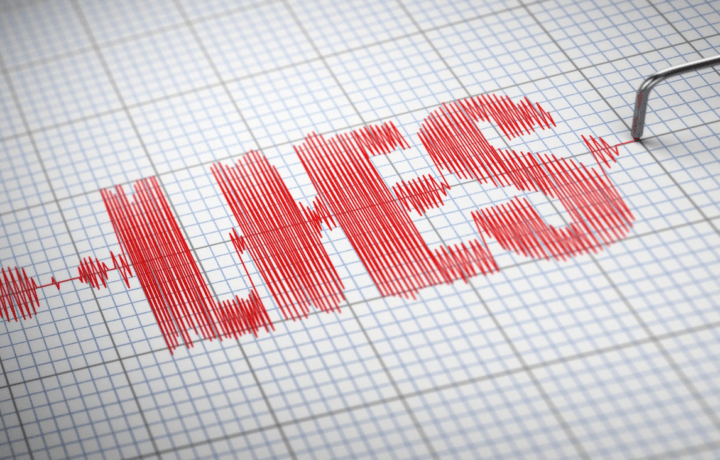Polygraph examinations go sideways for one of two reasons: admissions of adjudicatively-significant information or detected use of countermeasures.
Polygraph Technical Calls and Countermeasures Decoded
“Adjudicatively-significant information” is any potentially disqualifying information under one of the 13 National Adjudicative Guidelines for Security Clearances. That theoretically means anything from a history of delinquent debts to substance abuse to parents in China – and just about anything else security officials can credibly paint as a security concern.
“Countermeasures” are actions taken by the examinee to defeat the polygraph machine’s ability to “read” his or her physiological reactions to questions asked by the examiner. Common examples include controlled breathing or taking drugs pre-exam that slow the heart rate or relax the body.
Noticeably absent from all of this are determinations that the polygraph examinee was lying. Those Maury Povich-worthy moments (“you said you didn’t cheat on your girlfriend…THAT was a lie!”), commonly referred to as “technical calls” or “reading” of the exam results, are what most people think of when they think of the polygraph.
The Polygraph is Not a Lie Detector
Ironically, however, government policy prohibits all federal agencies from relying solely on that data to deny or revoke a security clearance in the absence of adjudicatively-significant information[1]. Yes, you read that correctly: the government has to convincingly prove you’re lying based on actual evidence, not just some dubious “interpretation” of your physiology.
Many of my clients find this rather incredible. After all, isn’t the purpose of a “lie detector” to determine whether or not someone is lying?
The reality is that calling the polygraph a “lie detector” is a misnomer. As I’ve pointed out previously in this forum, the polygraph cannot determine whether an examinee is lying because there is no uniform physiological indication of lying. The real value of the polygraph for federal agencies is its utility as a scare tactic. Mere mention of the word “polygraph” coerces a lot of anxious people into divulging information they otherwise might withhold.
The policy prohibiting agencies from denying or revoking clearances based solely on polygraph technical calls is a tacit admission by the government of precisely that. If they can’t scare the information out of you or catch you cheating, the vaunted polygraph is nothing more than an expensive contraption predicated on junk science. It’s essentially the government’s equivalent of “healing crystals” or “miracle water”; if you believe this stuff, I’ve got some ocean-front property in Kansas to sell you.
The Consequence of Inconclusive Results
With all that said, the government can condition certain jobs or certain security clearances on completion of a polygraph examination to their satisfaction. So, by “failing” a polygraph or producing “inconclusive results” you might not get the job or the clearance you’re applying for – but you also won’t lose any clearance you already have or jeopardize your future prospects of obtaining clearances that don’t require a polygraph.
At least, that’s how it’s supposed to work. We’ve seen a handful of agencies over the years attempt to claim otherwise with great indignation. But the policy on this is black-and-white; their efforts all eventually fizzled after a few attempts to save face.
This article is intended as general information only and should not be construed as legal advice. Consult an attorney regarding your specific situation.
[1] Security Executive Agent Directive 4, Appendix A(1)(c)



